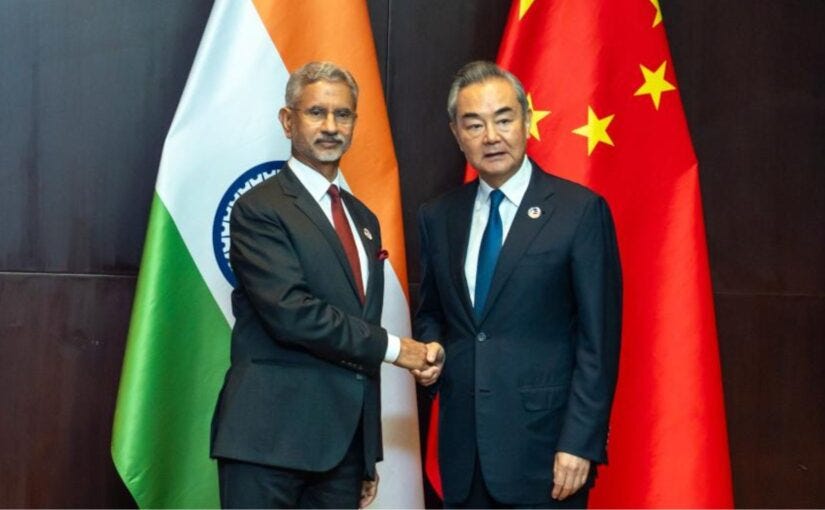Mountains to the Sea
Wang Yi: China, India should properly handle differences, develop mutually beneficial cooperation, India 2nd Nuclear Powered Ballistic Missile Submarine, Australia U.S. boost military and missiles
Wang Yi: China, India should properly handle differences, develop mutually beneficial cooperation
Friends of Socialist China August 8, 2024
During his July visit to Laos, where he attended a number of international meetings held under the aegis of ASEAN (the Association of South East Asian Nations), Chinese Foreign Minister Wang Yi also held a number of b…





